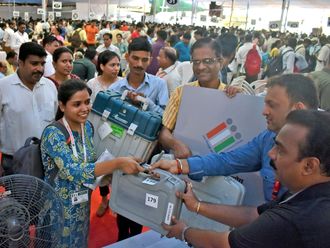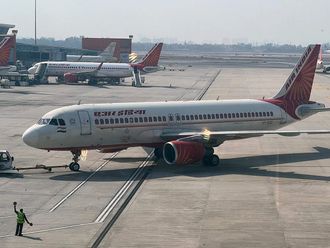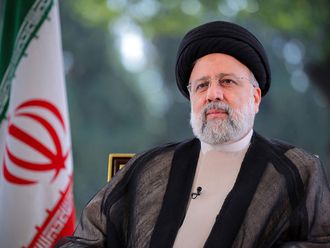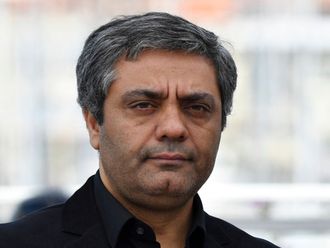Jammu: Soon after giving birth to a baby girl, London-based biologist Aarathi Prasad was told by her boss that she no longer worked as hard as she was expected to. Having a family was her “fault”, she was told.
“Since another lady and I in the laboratory had become mothers, we were unable to stay till late at night and would leave at around 5pm. Our boss, an unmarried man with no children, told my colleague ‘you and Aarathi do not work as hard as you used to’,” Prasad told IANS in an email interview.
On telling him that they had to look after their families now, he said, “Yes, but that is your fault,” added Prasad, 38, who has a PhD in molecular genetics and has worked on a post-doctoral project using chemical genetics to identify early therapeutic targets in cancers.
She has also authored a book, Like A Virgin: How Science is redesigning the Rules of Sex, which was published in Britain in 2012.
Like Prasad, many women scientists and researchers feel that their role in the field of science and technology is either “under represented”, or goes “unnoticed”.
This sentiment was loudly echoed at the inauguration of the Women Science Congress, which was part of the just-concluded 101st Indian Science Congress held in Jammu.
“Though there are a lot of women scientists out there, many get lost in their careers. We have to prevent the loss of young talent, and attract young women scientists to at least continue their research,” said Kasturi Datta, distinguished biotechnology professor, School of Environmental Sciences, Delhi.
“We need an unbiased gender society, where the deserving are fully supported” and women scientists should “be aggressive and take their research forward undeterred,” said Dutta, under whose guidance, 25 students have been awarded PhD degrees.
She is the recipient of several awards including from FICCI for life sciences, a Senior Women Bioscientist award and the Ranbaxy award for basic medical science.
Quoting a recently-published study by the US department of labour, which stated that only 11 per cent of all engineers in the US are women, Prasad said the language used in job advertisements are mostly male-oriented and also convey the notion that male candidates are more competent.
“The language used in job adverts in science is such that it attracts more male applicants. Even if two identical resumes are submitted to laboratories (one male and another female), not only is the man more likely to get the job but also more likely to be given mentoring,” Prasad told IANS.
She added that women, without good mentoring, tend to get lost in their careers, are not considered to be competent enough and hence not given due credit.
“They are under-represented because the way job advertisements are worded, and the demanding nature of the job that punishes career breaks for reasons like having children, makes it difficult for women to have a career in science,” she said.
Sanjana Kaul, a professor at the School of Biotechnology at the University of Jammu, said that women research students should be encouraged to pursue their careers.
“Pressure from family regarding marriage and jobs should not force them to forego higher education. They should be encouraged to travel as demanded by their research. Being a woman should not prove to be a hindrance,” Kaul told IANS.
Ranbir Chander Sobti, general president of the Indian Science Congress Association (ISCA) said that key policies for the use of science and technology must recognise the gender-specific nature of development.
Neglecting the talent and creative power of women should be considered a “serious social disease”, he said
“Examples of this disease may be quoted as deficit of women scientists at top level university management and professorial posts, practical exclusion of women scientists in development policy creation and ignoring women scientists in delivering awards and other forms of recognition,” Sobti said in his speech at the Women Science Congress.
However, Rama Govindarajan, professor at the TIFR Centre for Interdisciplinary Sciences, Hyderabad feels the problem of under-representation of women is “deep-rooted” and is not specific to the fields of science and technology.
“The problem for women starts even before they are born, or are mere babies. It is not only for those in the field of science and technology. Some, like me (and my colleagues) have been lucky to have been recognised in our fields,” Govindarajan told IANS.











